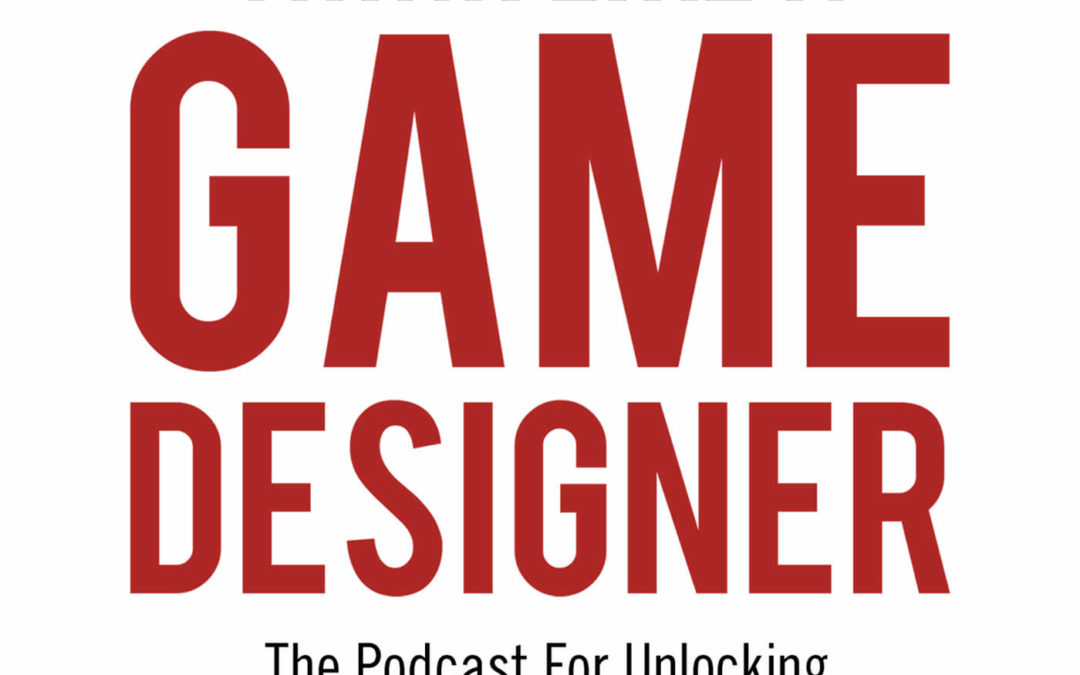Tim Fowers is the punk rocker of game design. A purely independent tabletop and digital game developer, who distributes his games directly, rather than using big publishers and standard distribution channels. This allows Tim to stand out as a master of indy game design, who develops his games according to his artistic vision. There’s so much to learn in this episode – Enjoy!
Check out this episode and the previous ones here:
“The best test for whether you can be an entrepreneur is how you handle uncertainty in your life.” (5:25)
The first conversation we have is more of a life lesson on following your dreams. You’ll hear about how Tim and his business partner moved their families to an area with a cheaper cost of living so they could pursue something they love. Tim discusses how he survived off of indy games for several years and then worked toward the next step in his career. It’s a candid and inspirational story about how the process worked for Tim.
“Humans will watch progress bars until they die.” (10:00)
Tim discusses a design crisis that delves into the ethics of design and questions like, “what is fair to the consumer’s time?” He goes on to discuss the hacks that are used by game companies to keep consumers buying and then the two of us philosophize about crossing a line into the dark side of game design. Does your game take value from the consumer or give value? “In modern game design, you’re making psychological drugs,” he says.
“If you have a design for too long, you start to second guess design decisions, and you start to get really nervous about it, and you start to polish the stone too much. You’ll just keep polishing the stone until there’s nothing left.” (24:50)
In my opinion, this is a key moment in this episode. Tim talks about how you can’t design a game in isolation, you need people, whether it’s a team or a group of friends, to keep you on track when you’re working on a game for too long. He goes on to talk about over fixing a game and how some flaws are accepted by fans as part of the game. “A game is a reflection of who you were at the time.” Here you’ll also learn how setting deadlines is one of the best ways to make sure a game gets finished.
“Sometimes, with the most critical people of my games, I’ll wonder, ‘maybe one day I can make a game that this person will like.’” (29:25)
Tim talks about how this can drive him to make a great game, and how the management of your own creative process is necessary to design awesome games. He goes into depth about what goals you might have, managing your visions, and working toward building games and expansions you and your players will love. Sometimes this means, writing down the idea and saving it for later, or pursuing it because you have the time and creative energy to build it as best you can.
“If you’re a creative person you’re either creating, succeeding, or you’re failing. You’re always doing one.” (36:30)
There’s a point that Tim makes in this section on creativity and process, where people are tempted to show off an idea or a portion of a game that’s far off from being finished, to get a taste of success through praise. Tim finds this to be demotivating because by getting that early taste of success you’re satiating the part of you that drives toward success. He suggests keeping the game or idea to yourself until it’s closer to completion to help push you through the process.
“If you’re cold calling a retailer, it’s because you’re in a place where you’re proving yourself.” (50:40)
About 25% of Tim’s business is through retailers, the rest are direct sales. His method for bringing in retailers is waiting for them to come to him because people want the game and the game is already doing well. Tim discusses how direct sales are an alternative to using big retailers because it means he has to produce games that are always fun and unique. It also allows him to keep himself in contact with the people who play his games, building trust, and community at the same time.
Feel free to reach out if there any other game design ah-ha! moments you pick up from this episode – Thanks for listening!
Check out Tim’s games on his website: https://www.fowers.games/




